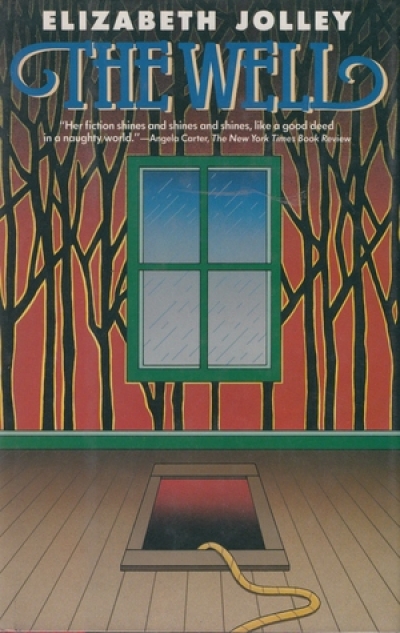Stephanie Trigg
Tierra del Fuego: New and selected poems by Jennifer Strauss
by Stephanie Trigg •
What is the relation between poet and critic? No, not a topic for yet another tedious and oppositional debate at a writers’ festival. Rather, a question about the nature of oppositions, and the possibility of disrupting, or even suspending them, in the varied and delicate acts of literary criticism. Let me frame my question even more precisely: who is the ‘Gwen Harwood’ to whom I refer when I write about the poetry of a women who in recent years has become increasingly public, celebrated and accessible?
... (read more)


